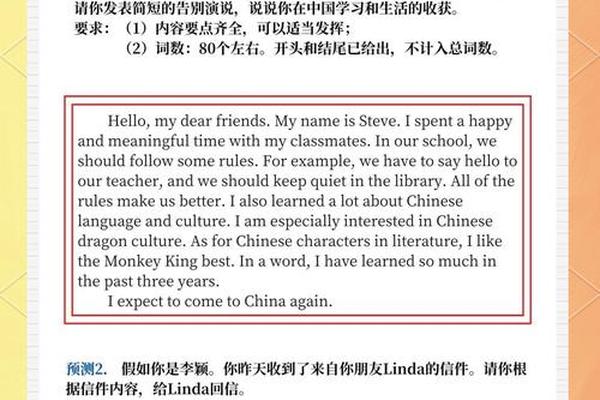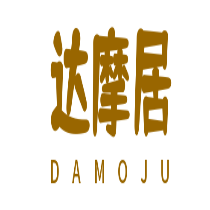
文化传统文化的英语短文;传承传统文化作文
Preserving Traditional Chinese Culture
Traditional Chinese culture, with its 5,000-year history, serves as the spiritual foundation of the Chinese nation. It encompasses philosophy, festivals, art forms like calligraphy and paper-cutting, and customs that reflect the wisdom of our ancestors. However, in the face of globalization, many traditional practices face challenges, making cultural preservation and innovation a pressing task .
The Challenges of Cultural Preservation
1. Modern Lifestyle Impact: The popularity of fast-paced lifestyles and Western culture has led to the neglect of traditions. For instance, young people are more attracted to foreign festivals like Christmas than the Mid-Autumn Festival .

2. Loss of Traditional Skills: Art forms such as paper-cutting and Peking Opera struggle to find successors. As one essay noted, "Mastering paper-cutting requires years of practice, but fewer people are willing to learn it today" .
Strategies for Cultural Revitalization
1. Education and Awareness: Schools should integrate traditional culture into curricula. For example, teaching calligraphy or organizing festivals like the Spring Festival, where students learn to make dumplings and write couplets .
2. Innovation in Expression: Combining tradition with modern technology can attract younger generations. A notable example is creating digital platforms for classical music or using 3D animation to reinterpret ancient legends .
3. Government and Community Efforts: The protection of intangible heritage, such as Guangdong’s efforts to preserve Chaoju (a local opera), demonstrates how policy support can safeguard traditions .
Case Study: The Spring Festival
The Spring Festival, China’s most significant holiday, illustrates successful cultural transmission. Families clean homes to "sweep away bad luck," gather for reunion dinners, and give red envelopes (lucky money). Despite modernization, these customs thrive because they emphasize family bonds and gratitude—a universal value that resonates across generations .
Conclusion
As Confucius said, "Study the past to understand the present." Preserving traditional culture is not about resisting change but finding harmony between heritage and modernity. By fostering pride in our roots and adapting traditions to contemporary contexts, we ensure their eternal vitality. After all, "A culture’s essence remains timeless, even as its forms evolve" .
Key Vocabulary for Enhancement
写作技巧
1. 结构清晰: 采用“总—分—总”结构,引言点题,正文分论点支撑,结尾升华主题 .
2. 例证结合: 引用具体案例(如春节、剪纸)增强说服力 .
3. 高级表达: 使用 "not only...but also..."、 "embody the wisdom of..." 等句式提升语言层次 .
此范文融合了传统文化的重要性、挑战与解决方案,适合作为英语作文模板。如需更多素材(如端午节或书法主题),可参考相关要求 .
读过此篇文章的网友还读过
- 国学文化图片素材小学一年级、一年级国学经典诵读 2025-04-17
- 中国传统节日文化手抄报四年级,弘扬中国传统节日 2025-04-17
- 中国古典文化手抄报图片(古风手抄报全国一等奖) 2025-04-17
- 少数民族文化PPT背景素材;少数民族ppt模板免费下载 2025-04-17
- 京剧文化图片素材 京剧服装图片大全 2025-04-17
- 传承文化瑰宝的下联押韵_学文化传瑰宝对联 2025-04-17
- 传统节日文化展示视频(中国传统节日的文化特质) 2025-04-17
- 戏曲艺术作品的特点 戏曲艺术的综合性特点 2025-04-17
- 传统礼仪幼儿园,幼儿礼仪有哪些 2025-04-17
- 孝文化主题墙;文化墙创意设计模板 2025-04-17
- 传统饮食文化知识—中国饮食文化内容 2025-04-17
- 传统民间艺术捏泥人作品、民间艺术捏泥人 2025-04-17
- 孝善文化节主持词;关于孝的主持稿 2025-04-17
- 文化的力量体现在哪两个方面—文化是一种无形的力量 2025-04-17
